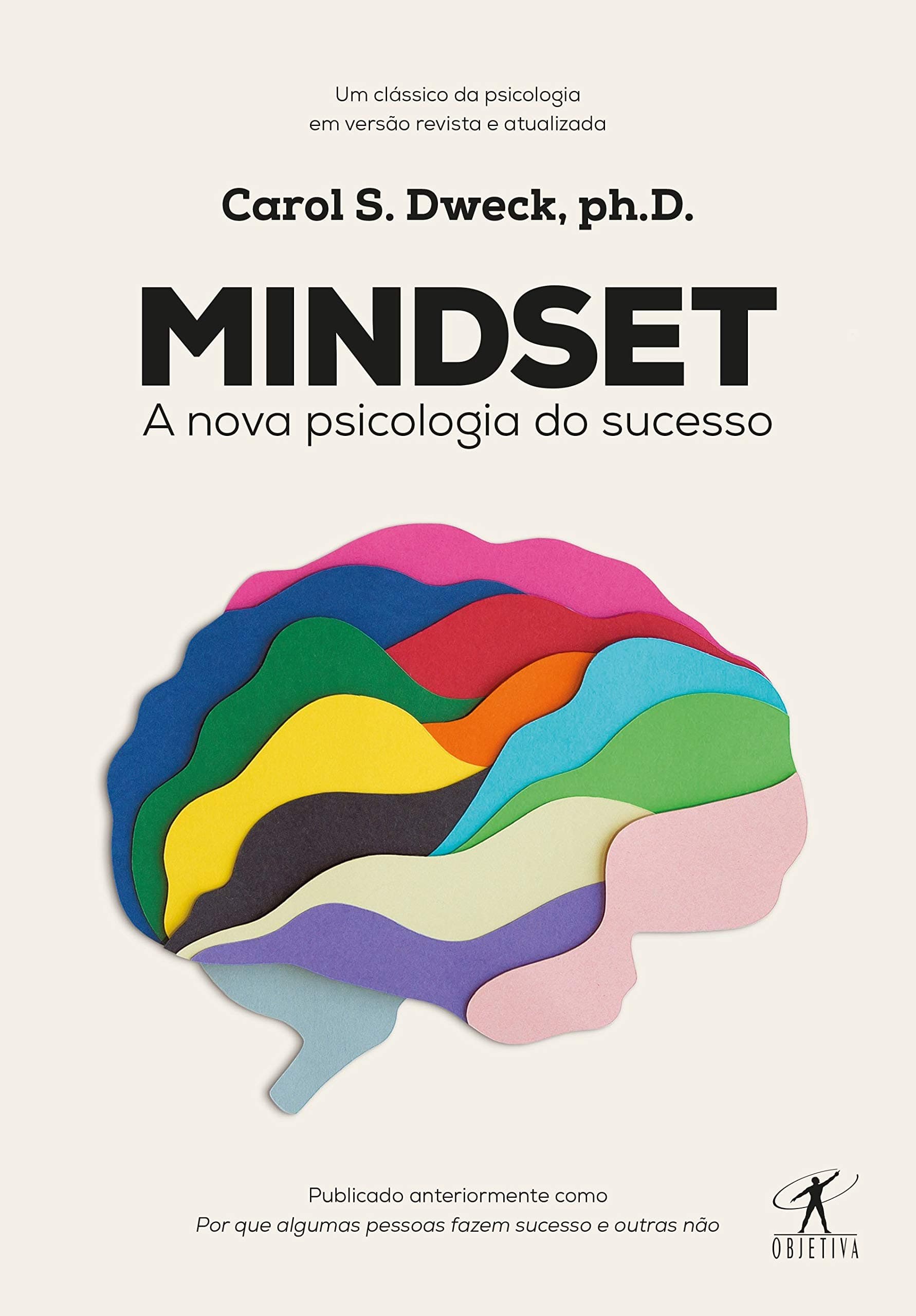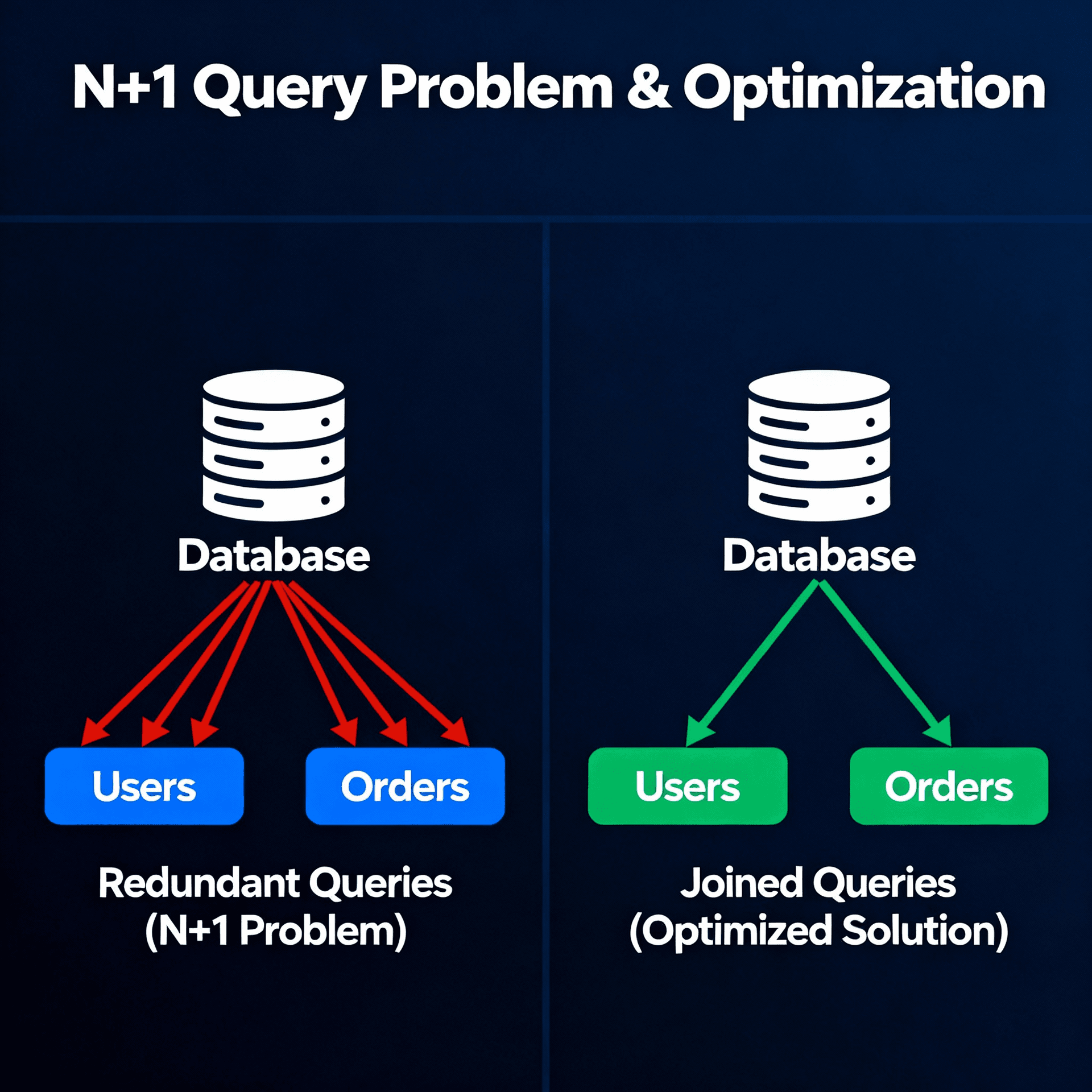Mindset: The New Psychology of Success

The book "Mindset: The New Psychology of Success" was written by Carol S. Dweck, a psychologist at Stanford University. The book explores the idea that the way we think about our abilities and talents can affect all aspects of our lives.
Key Studies:
Children and Praise: One of Dweck's most famous studies involved children who were praised in two different ways: for their intelligence ("You're so smart!") and for their effort ("You worked really hard!"). Children who were praised for their effort showed greater resilience and a willingness to face more difficult challenges.
Fixed Mindset vs. Growth Mindset: Dweck introduces the idea of two types of mindsets: "fixed" and "growth." People with a fixed mindset believe that their abilities are innate and unchangeable, while those with a growth mindset believe they can develop their abilities through effort and learning.
Application Across Fields: Dweck also explores how these mindsets operate in various fields, including business, sports, and relationships.
Key Learnings:
-
Failure is an Opportunity: Instead of seeing failure as a deficiency, it should be viewed as an opportunity to learn and grow.
-
Love for Challenge: Children with a growth mindset love challenges and see failure as an opportunity for learning, rather than a negative identity.
-
Intelligence is Malleable: Intelligence is not a fixed quantity and can be increased through effort and practice.
-
Effort and Dedication: True success is not determined solely by talent, but by continuous effort and dedication.
-
Impact on Relationships: A couple with different mindsets may face communication and personal growth issues.
-
Leadership and Teamwork: Effective leaders have a growth mindset and value teamwork and self-analysis.
-
The Danger of Ego: Having a big ego and a fixed mindset can be harmful to both individuals and companies.
-
Education and Parenting: The way parents and teachers interact with children can shape their mindsets from an early age.
-
Resilience in Difficult Times: Even in times of discouragement, people with a growth mindset continue to act to improve their situations.
-
Valuing Effort Over Talent: In a society that often values innate talent, true potential is unlocked through effort and perseverance.
-
Change is Possible: Most importantly, mindset is not a fixed quality; it can be changed and developed over time.
-
Practical Application: Dweck offers several strategies and practical examples to help people cultivate a growth mindset, including how to give effective feedback and how to face challenges.
The book is essential reading for anyone interested in personal development, psychology, or people management. It offers valuable insights into how our beliefs and attitudes can influence our behavior and success.



